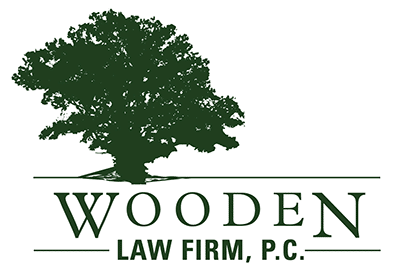In Tennessee, property owners can control the use of real property through the creation of restrictions known as restrictive covenants and equitable servitudes. These restrictions can be made to “run with the land” and restrict a property’s current and future use, even after the property passes into the hands of subsequent owners.
The use of restrictions to control and regulate properties is commonplace and not limited to any particular type of property. Restrictions are commonly found in commercial properties, unplanned residential properties, and planned residential communities such as subdivisions or condominiums. Common restrictions can include, but are not limited to:
- Forbiddance or limitation of commercial operations
- Manufactured homes
- Maintaining livestock
- Architectural standards
As a general rule, the law does not favor restrictions on land because they interfere with the free and unrestricted enjoyment of property. Nevertheless, courts will uphold restrictions “where the intent of the parties to bind their remote successors can be determined by the language of the covenant and the circumstances of its making”
Restrictive covenants are the most common type of restriction. Typically, restrictive covenants are recorded in the public land records. Restrictive covenants are often recorded as individual documents, but can also be found in deeds, deeds of trust, plats, and other documents.
Courts will find that restrictive covenants exist when:
- the covenant “touches and concerns” the land;
- the original covenanting parties intend the covenant to bind future owners;
- there be some form of privity of estate; and
- that the covenant be in writing.
Restrictions that are not enforceable at law as restrictive covenants can sometimes be enforceable as equitable servitudes. When a landowner agrees to use or limit the use of his land in a particular way or manner, courts will enforce the agreement against any later purchaser or possessor of land who has notice of the agreement and attempts to violate its terms. These agreements are known as equitable servitudes, and will be enforced when:
- the covenant touches and concerns the land;
- must usually be in furtherance of a common plan of development;
- the original covenanting parties intend the covenant to bind future owners; and
- the subsequent owner has actual or “constructive” notice of the covenant.
Restrictive covenants and equitable servitudes are similar in that they contain many of the same requirements. The defining distinction between these two types of restrictions is that restrictive covenants must satisfy more strict requirements in form and substance.
When purchasing a property, it is crucial to determine whether there are any restrictions that would burden your intended use of the property. A title search into a property’s title chain can quickly uncover any restrictive covenants that burden a property. For parties intending to subdivide, develop, or sell land, restrictions can play an important role in guiding future development and preserving land values.
Contact Us
Contact Wooden Law Firm, P.C. for more information regarding restrictions or for assistance with your legal matter.


